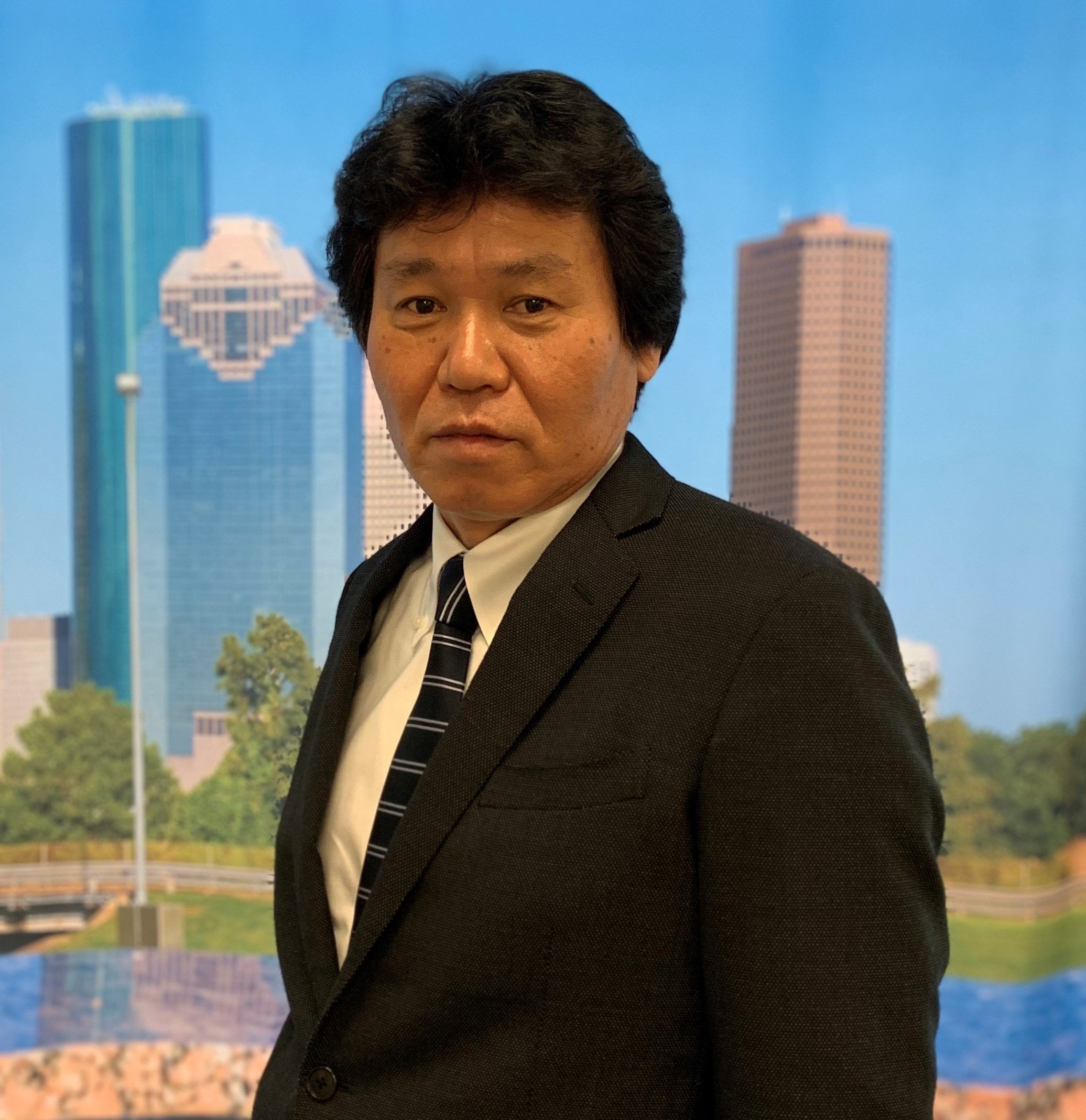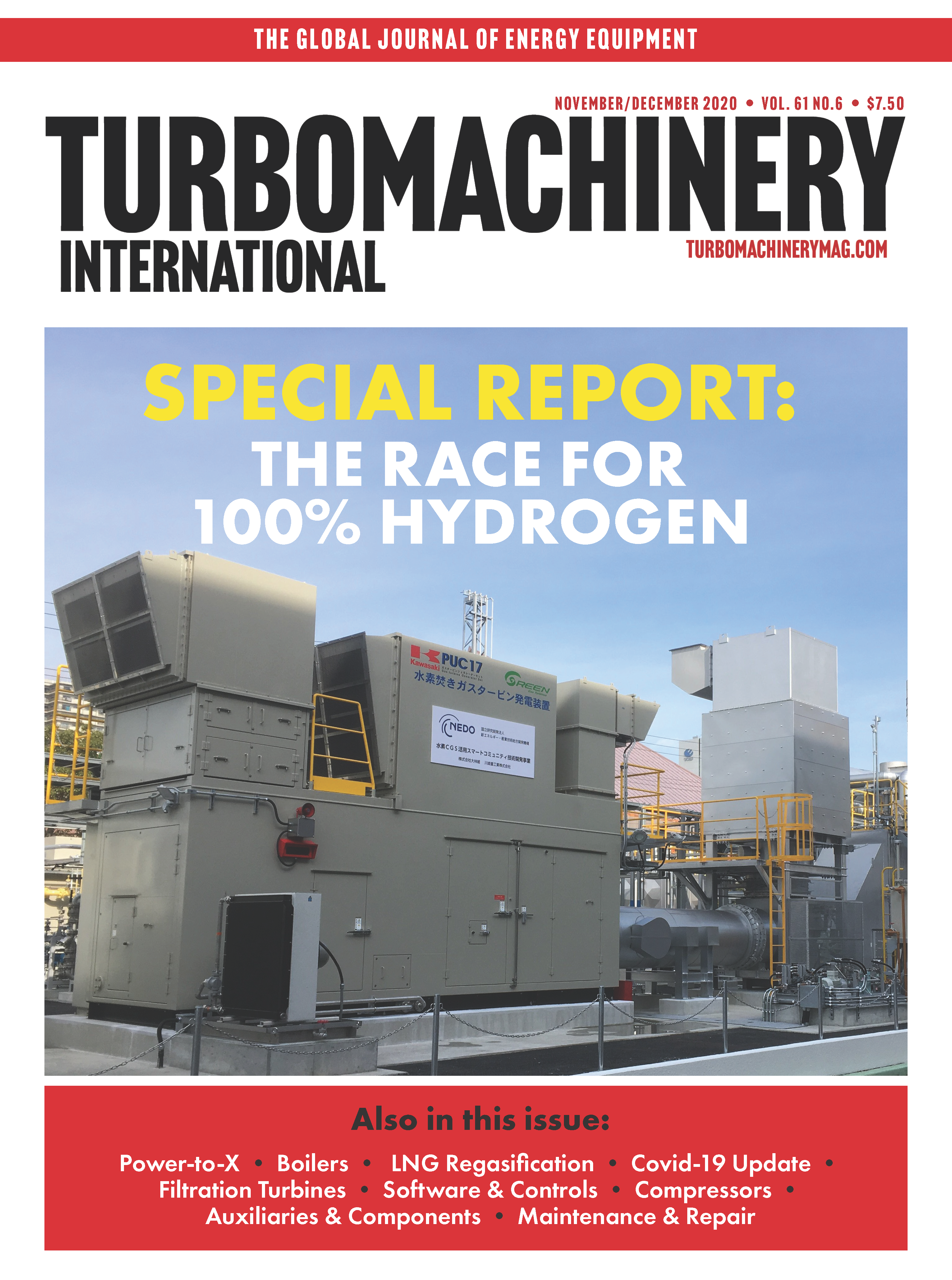Q&A with Manabu Saga, President of Mitsubishi Heavy Industries
Responding to market demand for larger compressors
Manabu Saga, President, Mitsubishi Heavy Industries Compressor International (MCOI), discusses his company’s centrifugal compressors, integrally geared compressors, and steam turbines as well as trends such as the need for larger capacity machines.
With over 100 years of technical expertise in the design, engineering and manufacturing of API compressors, steam turbines, critical auxiliaries and their associated control systems, Mitsubishi Heavy Industries Compressor (MCO) possesses technologies for the hydrocarbon processing sector.

MCO subsidiary, Mitsubishi Heavy Industries Compressor International (MCOI), was established in Houston, TX in 2012. Its Pearland Works facility began operations in 2015. Over the last eight years, MCOI has re-introduced MHI’s API turbomachinery product lineup into the North American market by supplying new equipment as well as servicing our existing fleet. Since our inception, the North America supply record has increased over 300%.
What single shaft centrifugal compressors do you offer?
MHI manufactures API 617 Chapter 2 compressors in both our Hiroshima, Japan and Pearland, TX factories. Our centrifugal compressor lineup offers a wide application range from low pressure/high flow (horizontally split) compressors in applications such as ethylene and propane dehydrogenation (PDH) to high pressure/low flow (vertically split) compressors in applications such as gas reinjection. Our compressors provide high reliability and efficiency, as well as easy maintainability.
What steam turbines do you offer?
The Mitsubishi family of companies manufactures steam turbines for mechanical drive and industrial power generation. Our custom designed turbines include straight through condensing, backpressure, extraction condensing, admission condensing, as well as other configurations.
Do you make integrally geared compressors?
Our integrally geared compressors (IGC) have found application principally in air, booster, N2, CO2, and natural gas applications. Our IGC design has a capability range of 200 bar discharge pressures and 500,000Am3/h suction flows.
What trends in compressors have you observed?
Our customers are continuously evaluating larger and larger plants in order to maximize economies of scale. All the while efficiency, reliability, and safety requirement demands remain of the utmost importance. Based on these trends and requirements, we work closely with our clients to ensure the MHI R&D and engineering teams are focused on developing the best solutions for these mega-plants. As a result, we’re supplying some of the largest API turbomachinery in the world for ethylene, propane dehydrogenation (PDH), LNG, ammonia, and methanol plants.
In many applications, such as midstream gas processing, plants have gotten to a size range where compressor technology needs to be transitioned to centrifugal compression in order to reduce overall plant CAPEX as well as limit lifecycle costs (OPEX).
How about steam turbine trends?
The increase in the scale of petrochemical plants, particularly ethylene and PDH, has been remarkable. Ethylene plant capacity increased by 130 % and PDH plant capacity by almost 100% compared to the previous decade. This led to an increased in the size of equipment. Consequently, the steam flow rates in the high-pressure and low-pressure stages of the steam turbine have amplified. Thus, it became necessary to apply larger components including main valves, casing, longer blades, and longer rotors.
What aftermarket services do you offer?
At Pearland, we offer repairs and refurbishment, spare parts manufacturing, inspections and overhauls, advisory field services, reverse engineering, hands-on training courses, asset management, and high speed balancing – all on a planned and emergency basis.
What kind of testing facilities do you have?
In our Pearland facility, we have the capability to perform ASME PTC-10 Type 2 and mechanical running tests on API 617 Ch. 2 centrifugal compressors. This allows our customers to have better access to witnessing their compressor testing as well reducing lead times and limiting shipping constraints. We’re the sole OEM, in the Gulf Coast region, to be able to test API centrifugal compressors. Additionally, we have high-speed balancing capabilities for compressor and turbine rotors which are typically performed after modifications or repairs are made.
What is the latest news from the company?
MCOI has been awarded a contract by Gulf Coast Ammonia (GCA) to supply compression for a new ammonia production facility in Texas City. The equipment will be purchased by Air Products, who will build and operate the facility in parallel with its largest ever U.S. investment. The equipment on order includes one syngas compressor train and one ammonia refrigerant compressor train. Together, they consist of four compressors and supporting auxiliary systems. They will be jointly built and tested by MCO at its factory in Hiroshima, Japan and at MCOIs Houston facility. All trains are to be packaged at MCOI. GCA’s ammonia facility will produce approximately 3,600 metric tons per day of ammonia, which will make it the world’s largest ammonia plant once fully operational. ■
